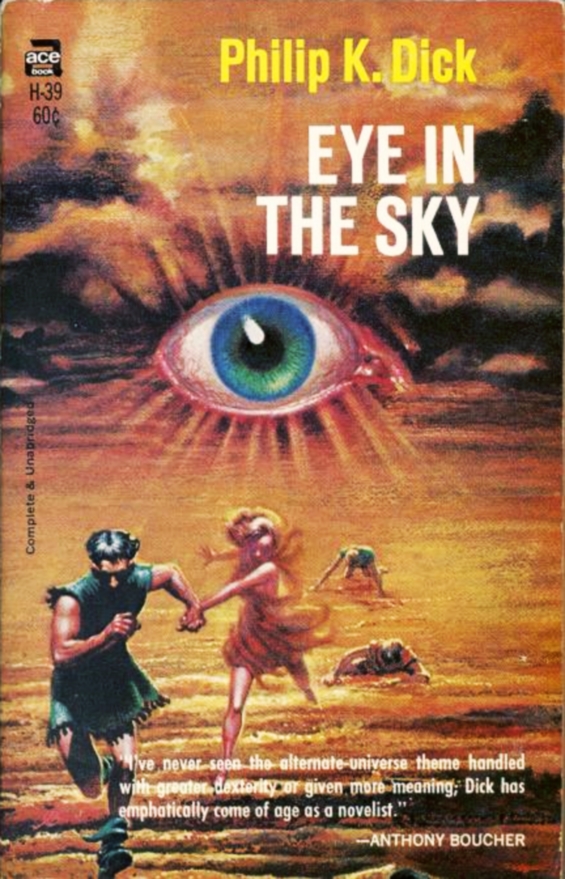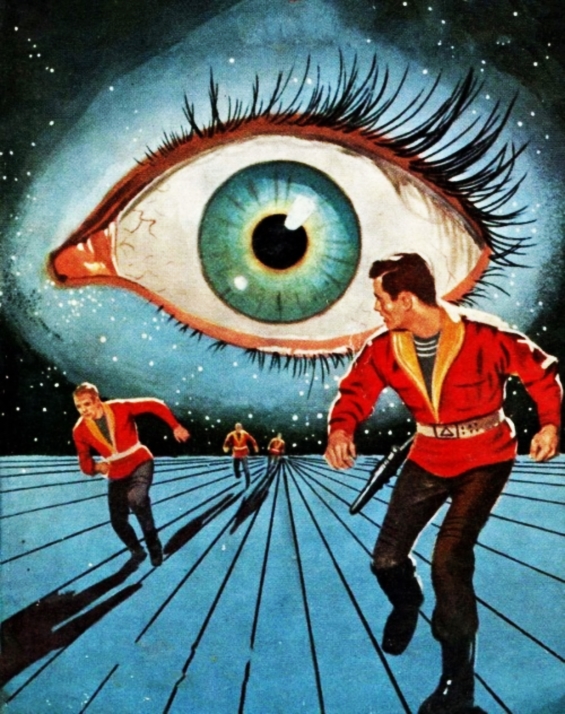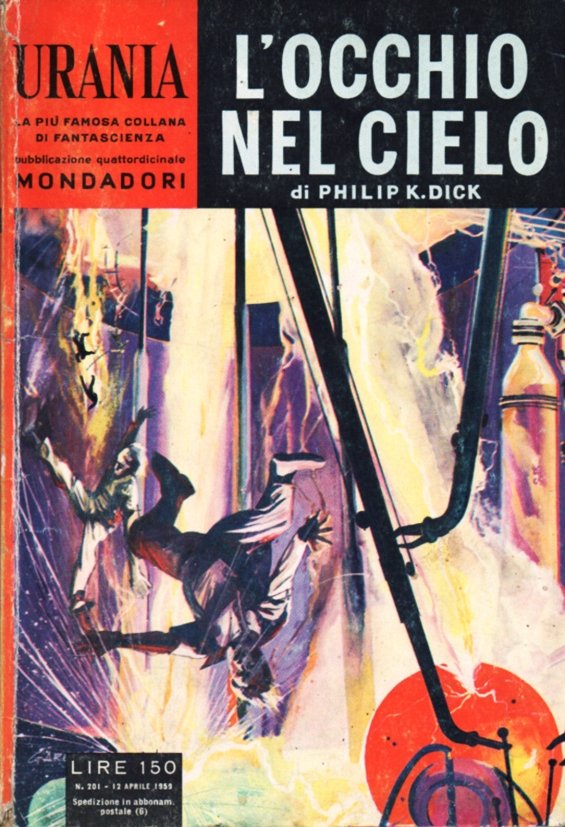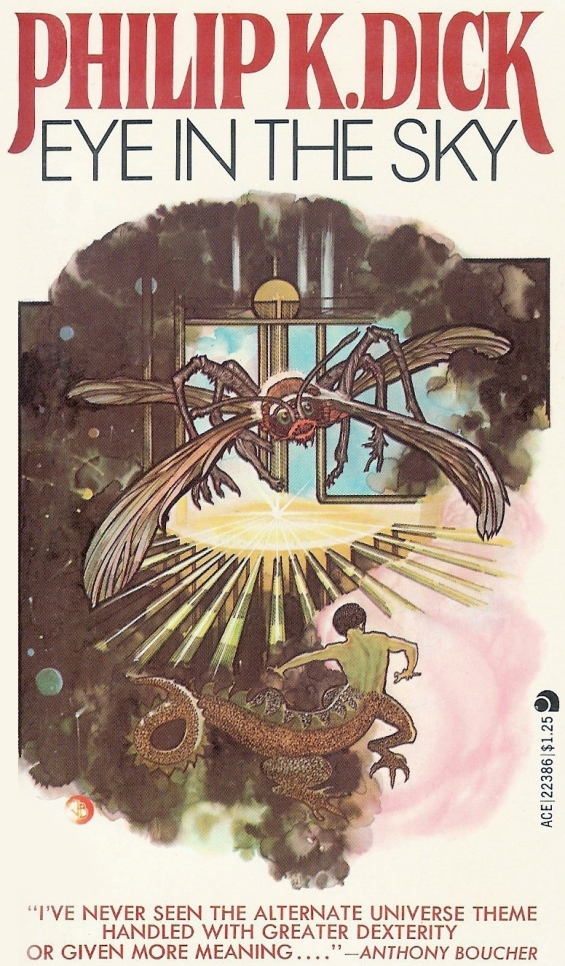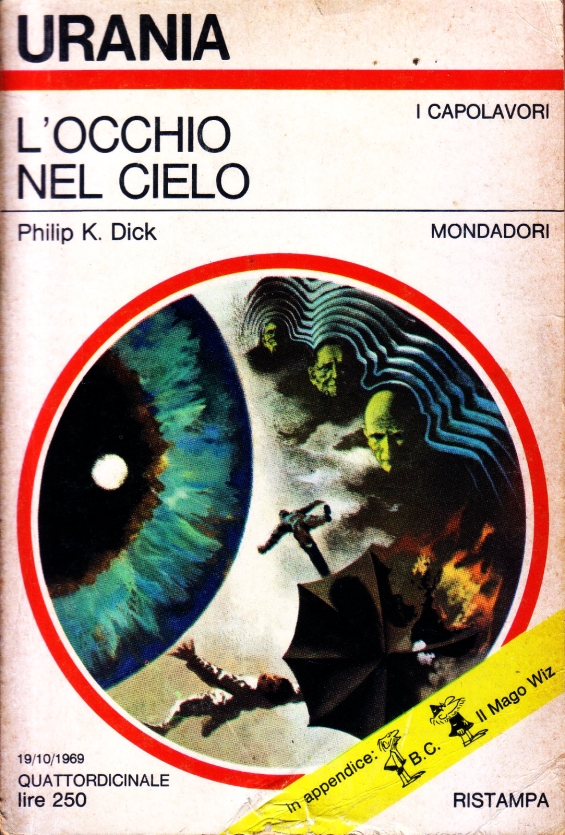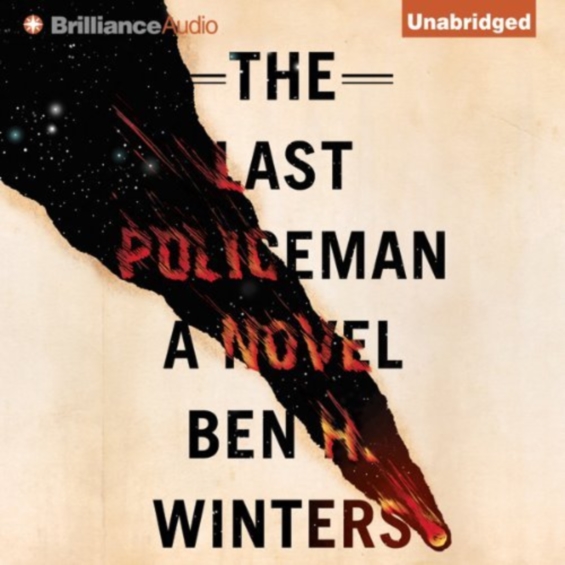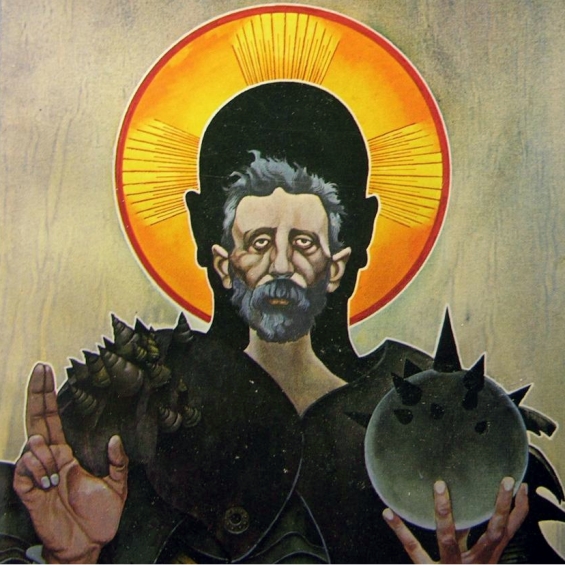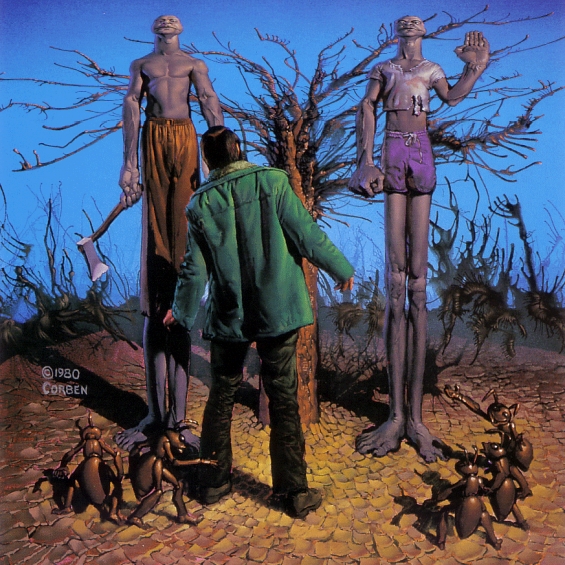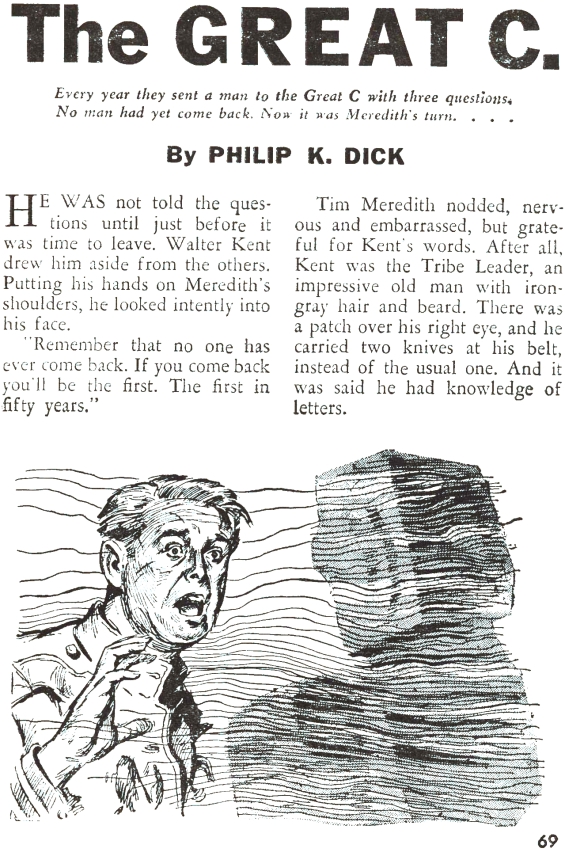
 The SFFaudio Podcast #314 – Jesse, Jenny, and Paul talk about Pacific Edge by Kim Stanley Robinson.
The SFFaudio Podcast #314 – Jesse, Jenny, and Paul talk about Pacific Edge by Kim Stanley Robinson.
Talked about on today’s show:
1990, what was it about this book…, nothing much happens, utopia, utopian novels generally don’t exist, Brave New World, conflict, the only death in the book, if it was a literary novel, Ramona’s thighs, almost a perfect novel, “constructed”, softball, batting a thousand, light symbolism, Tom in Switzerland, so much to think about during the lazy days, a magical transformation, fascinatingly insightful, what human beings are trying to do all the time, “that’s the novel I wanted to read”, a tryptic, The Wild Shore, The Gold Coast, three Californias growing out of the 1980s, cyberpunk, Orange County, TSA, the water situation, Chinatown, machinations, evil corporations, KSR is a really smart guy, a genuine world, comparing to Heinlein’s bad guys, conflict (or lack thereof), why theater is fun, wrestling!, softball, his Mars books, baseball as a metaphor, small ball, a small ball utopia, the October of his own utopia, what are utopia, an almost meta-SF novel, Utopia by Sir Thomas More, “must redefine utopia … the process of making a better world … struggle forever”, 2065, a bigger theater, fewer baseball diamonds, starting from scratch won’t work, there’s a lot of work to be done, an underpopulated world, how we got there, emigration to Space, the understated Mars landing, the drought in California, climate change (global warming), Antarctica, Worldcon 2006, Anaheim, Luke Burrage’s review of The Gold Coast, he’s sophisticated, Shaman, the four shamanic elements: air/earth/fire/water, sooo well constructed, the mask party, great magic bullshit, not The Clan Of The Cave Bear, Prisoners Of Gravity, Harlan Ellison and Neil Gaiman, tackling a really substantial subject, an almost bullet-proof approach, the economy doesn’t work and the geology doesn’t work (in The Lord Of The Rings), the housing situation, Viking style or Haida style, its all fashion, the defining look of how any utopia can work, the economic model, socialism, Stephen Harper, [Kim Stanley Robinson] has thought of everything, the black banks, some sort of federal system?, the New Oregon Trail?, a local government utopia, it’s a certain kind of communism, Alfredo, labour taxation, another junction box, there’s still money but nobody is talking about it, the scene at the fire, the community is the fire department, no police, what do you do with criminals?, exile, Amish communities exist at the sufferance of the surrounding state, they’ve got Skype/Facetime, we have to not hate our brothers around the world, sister cities, delegations, Paul takes exception, Minneapolis, magnifying certain aspects (and shrinking others), the Greens have had there day, what’s going to happen, where’s the public library?, an ebb and flow, drag racing, Oscar’s interests, neighbors invading is the only possible hole, an ecological society, an ecology of local systems, by not competing in the way that some can compete you’re going to get crushed, if the utopia is unstable…, Kevin as the catalyst, small solutions, a feel good message, the Athenian polis approach to community, who started that fire?, the evil mustachio thing, if we asked KSR, he’s earned that, A Short Sharp Shock, the kerosene … who did it?, a happy death, let’s spend some time here, When Tam asked: “Does it get less boring?”, going back to work, how to deal with reality, moderation in all things including moderation, smoking, Kim Stanley Robinson is incredibly wise, a very wise book, relationship stigmas have been done away with, casual but not disposable, no ideology, take out the thing that you like, whatever system they seem to have…, the inevitable swinging of a pendulum, Arthur C. Clarke’s The City And The Stars (aka Against The Fall Of Night), frozen in time with a focus on art, Nineteen-Eighty Four and Brave New World are forever dystopias, “interpenetration”, a metal ceramic material, Oscar’s hike, going for walks, reality entering a body, we are a part of our environment, a religious moment, the mask party, as a motif word, every part of the community interacts, they live inside each others’ homes, a great scene of Alfredo and Kevin working shoulder to shoulder, Rattlesnake Hill is a symbol for Kevin, that’s no human nature, Jenny’s visits to former utopian society, the Shaker village in Kentucky, New Harmony, Indiana, we’re living in a utopia, how many times have you guys run for city council, campaigning is not fun, trying to convince people door to door is a horrible job, maybe its time, it IS what he’s saying, a bitter pill, KSR’s bio, Jesse’s mom, tons of meetings, we tried to go to a movie theater, the inertia of a city council is less, “turning the ship”, Jenny’s really good example, Greencastle, Indiana, no discrimination if you do business with the city, Our Angry Earth by Frederik Pohl and Isaac Asimov, get organized, maybe that sense of mobility is the problem, love the place you’re at, utopia is not a destination it’s an activity, The World Until Yesterday by Jared Diamond, staying where you were born, it goes both ways, Ted Cruz, subversive groups, Anonymous, different strategies, Last Week Tonight, Jon Oliver’s interview with Edward Snowden, Wikileaks, dick pics, high-minded people are all sold, does this program have your dick pick?, you need a comedian, LIBERTY!, go with the dick pic.

Posted by Jesse Willis

